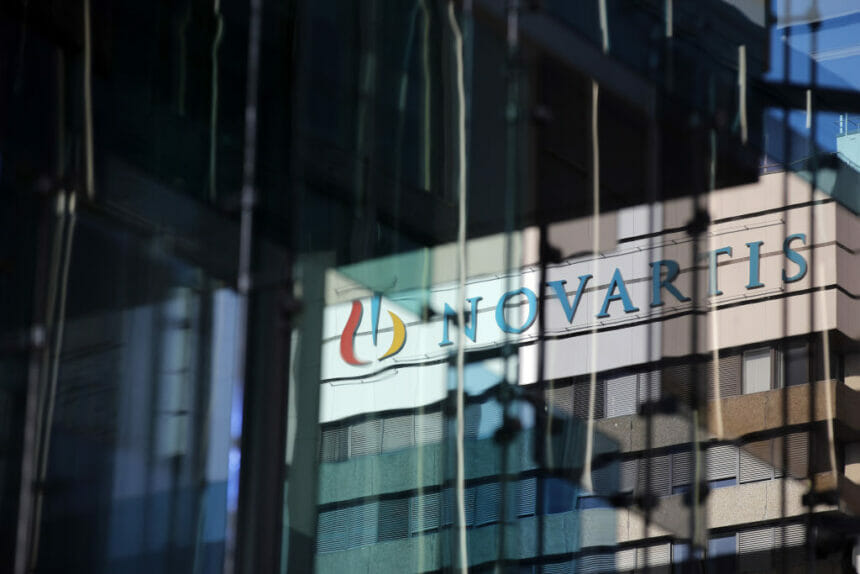Novartis released promising data on Fabhalta (iptacopan), its recently approved drug for paroxysmal nocturnal hemoglobinuria, this time for a new indication — a rare disease called C3 glomerulopathy (C3G).
Topline results from a Phase 3 study released Monday morning showed that iptacopan met its primary endpoint and was effective in reducing protein in the urine, or proteinuria, compared to placebo in patients with C3G.
Novartis unveiled the results just six days after Fabhalta won approval from the Food and Drug Administration for paroxysmal nocturnal hemoglobinuria (PNH), a rare disease that’s marked by impairment in the production of blood cells.
In October, iptacopan also showed efficacy in a Phase 3 study in IgA nephropathy (IgAN), another complement-mediated kidney disease.
Meanwhile, following its approval in PNH, iptacopan — marketed as Fabhalta — is expected to be available for PNH in the U.S. this month. Novartis is currently in the process of filing for and seeking approval for the drug in PNH outside the U.S.
If Novartis gains an FDA approval for C3G, it would be the first approved therapy specific to the disease, the Swiss pharma giant stated. There are between one to two people per million across the globe who are diagnosed with C3G each year.
C3G is an umbrella term for a group of rare kidney diseases that involve high levels of protein in the urine, as well as blood in the urine, or hematuria. Half of patients who are diagnosed with the condition end up with end-stage renal disease within 10 years.
“People living with C3 glomerulopathy have no approved treatment options indicated for this progressive disease, posing many challenges and uncertainty for these mostly young patients,” said Shreeram Aradhye, president, development and chief medical officer at Novartis, in a statement.
“These positive results demonstrate the potential of iptacopan to provide clinically meaningful benefit in C3G and add to our growing body of evidence that supports its use across multiple complement-mediated diseases,” Aradhye added.
Novartis said the Phase 3 study, APPEAR-C3G, will continue for another six months, in which all patients will receive iptacopan. The pharma plans to submit the results at a medical meeting and potentially file for regulatory approval in 2024.







